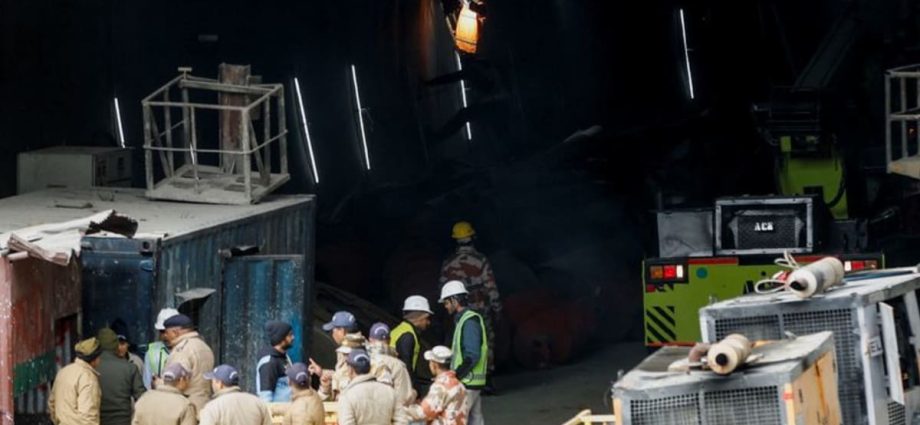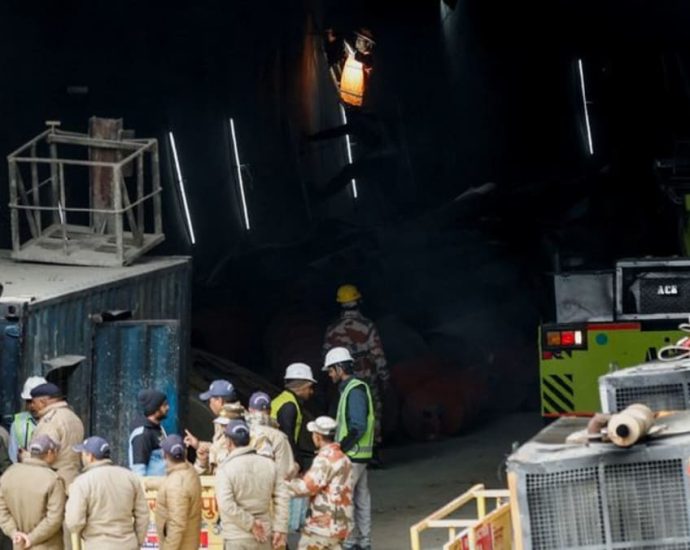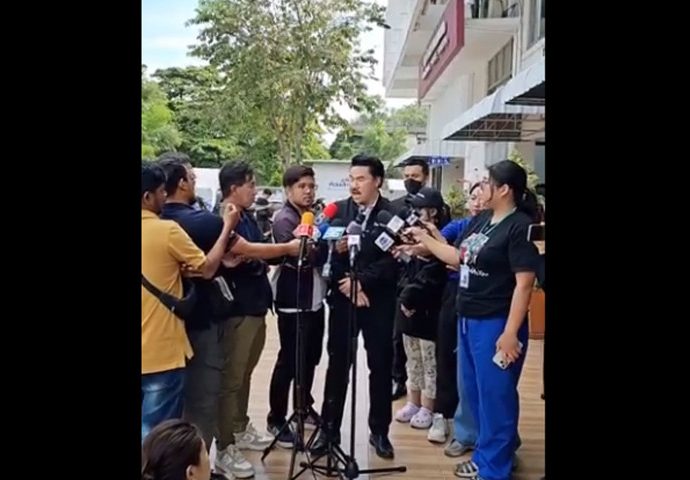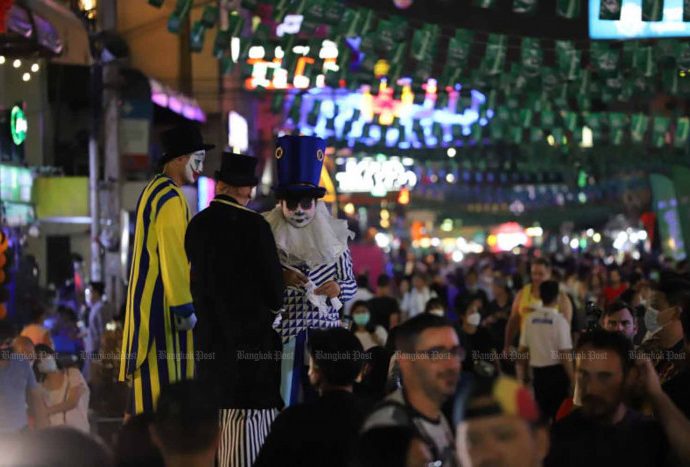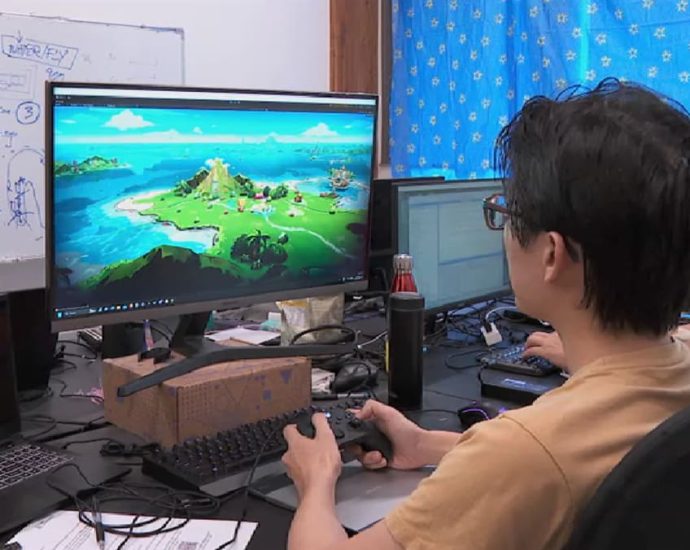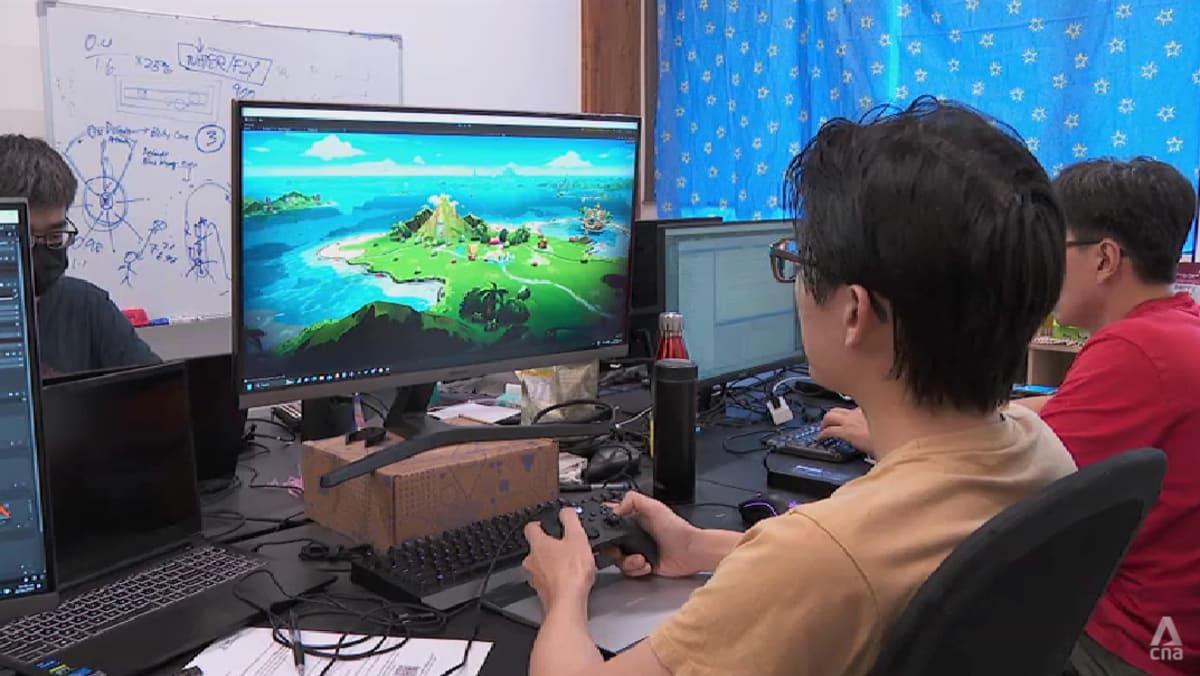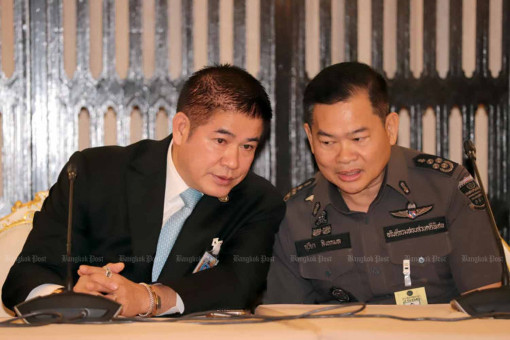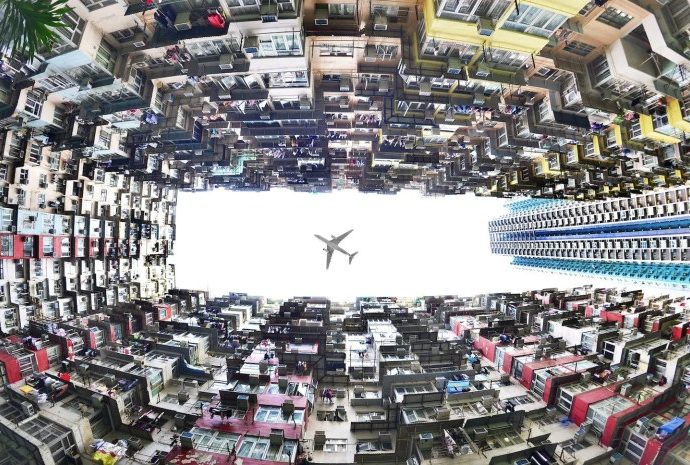Indian rescuers drill through debris to reach 41 men trapped in tunnel
SILKYARA, India: Indian rescuers drilled through rocks and debris on Tuesday (Nov 28) to reach 41 workers trapped for 17 days in a collapsed tunnel in the Himalayas, and were set to pull them out one by one to safety, officials said. The men, low-wage workers from India’s poorest states, haveContinue Reading

